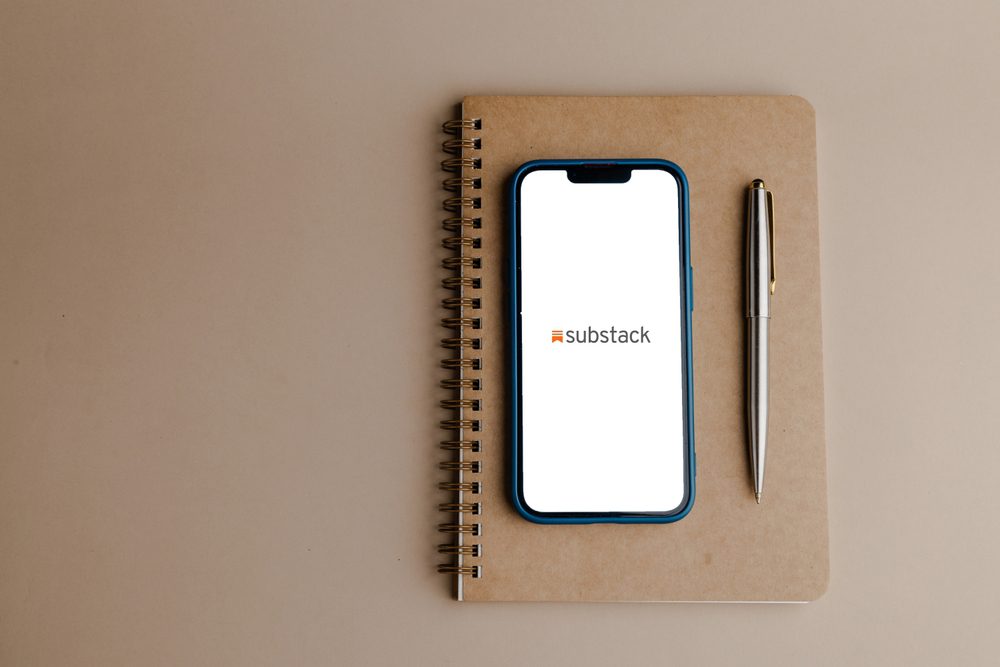This spring, hundreds of thousands of students found out their grades for the semester over the phone. Before they heard the good (or bad) news they listened to pitches from three marketers.
Voice FX Corp., Conshohocken, PA, charges the schools $7,500 for the outsourced program, called CampusDirect. The company also gets the rights to the first minute of the phone call to sell to marketers (in addition to other marketing rights, such as the ability to mail five times per year to the student file).
Voice FX offers other services, including transcript-request fulfillment and class registration and has still more in the works (most are also available on the Web). In May, the company handled over a million calls. It currently provides its services to 700,000 students at 50 colleges.
Advertisers include American Express, Capital One, Ford Motor Co., MindSpring and Travelocity. Most of the sponsors are generating leads; J. Crew offers its catalog. There are also offers for credit cards, phone cards and magazines.
Voice FX, which sold out all its advertising space for the 1997-98 academic year, charges the sponsors according to the number of messages heard, about 17 cents per. (As an introduction, it can run a test of 200,000 students.) Its reporting system shows the advertisers how many people heard the message and how many responded, broken down by school, gender, school year, major and other criteria.
Students use personal identification numbers (usually their school ID) to access the information. Those responding to ads do so by hitting a key on the phone; ordering is easy because Voice FX already has their addresses.
Voice FX is the official service of all its schools and in some it is the exclusive means for students to get the information. Vice president Matthew C. Bramson says the schools receive very few complaints about the commercialization. A special ruling from the U.S. Department of Education allowed it to manage the student records, which include name, address, home address, student ID and grades (they don’t include sensitive information such as race or ethnicity, disciplinary history or financial aid).
“We have the data but our usage of it is tightly bound by contract,” Bramson says.
Soon-to-come offerings for students include the ability to pay tuition and fees, get a parking permit and pick a roommate. The last is particularly attractive, Bramson says, because marketers will be able to cross-sell linens and the like. It will also get the marketers in touch with the students over the summer before they even start school-and before other marketers get to them.
 Network
Network

